For more than two years in the making, the album has been intentionally set up musically in relationship to the 1950s by using equipments and know-how from within that area. By producing this album, Dean Grant succeeded in bringing his musical jazz roots together with his French trail.
The album has been recorded in stages by over thirty people. Although consciously chosen to play live, intensive production took place afterwards, because Dean Grant wanted to prevent at all costs a live sound
at the end as a result. The focus laid on a strong studio album in which solid
samples reinforce the vintage recordings, delivering a powerful outcome with
distorted edges.

The use of brass, written and directed by Jasper Staps, is central to the entire
album. Parts have been edited and cut, so airiness is guaranteed. Dean Grant:
‘Nothing is as bad as a bigband that sounds like you’re cycling through the mud
and not getting ahead!’
Friend, arranger and – by times his mentor – Bernard Arcadio
(Charles Aznavour, Gilbert Bécaud and Henri Salvador amongst others) stood by
his side along the production. His presence played an important role in keeping
the focus on the authentic path. Together with his co-producer Jan van Eerd,
the result is an album which honors the past and naturally has its place in the
present day.
All texts are autobiographically and – under the supervision of Dean Grant –
expertly supplied by his longtime author Cristal G.
Dean Grant bases his music – and the accompanying design – on
the 1950s. ‘Although every time sheet knows its pros and cons, we currently
seem to be temporarily living in a period where little is looked at each other
and in which little use is made of decency standards and etiquettes. This
is unfortunate, because certainly the absence of the latter, creates a life
comparable to a life without music and art. Just by looking at Cary or Sean,
makes you wonder what went wrong in the years after’, he says, continuing,
‘operating in a stylish fifties entourage makes everyday life bearable and most
importantly joyful.’
Dean Grant, a new brand coming from a real person, based on his biography,
knowledge and personal interests.
For all further information on album credits, please see the digital versions of
The French Recording Sessions (.pdf) in the documentation folder on the
press portal
Dean Grant discovered France and its musical culture through
the eyes of a young man in his early twenties. While living in the nearness of
Avignon, he became a private student of Michel Cassez (also known as Gaston,
a nickname that Claude François gave him when Cassez was his conductor), one
of the last great singers of Les Compagnons de la Chanson.
While still being in his twenties, Dean Grant had already met a significant
number of influencers. In this process he learned from the best like producer
Mick Lanaro (Gilbert Bécaud, Johnny Hallyday), producer and arranger
Jean-Yves d’Angelo (Julien Clerc, Patrick Bruel) conductor Michel Cassez
(Claude François), auteur Pierre Grillet (Alain Souchon, Alain Bashung) and
auteur Pierre Grosz (Dalida, Sacha Distel).
These experiences made such an impression on him, that after his music study
it became impossible for him to turn his back to this rich culture; he drowned
himself in knowledge about music from France, on such a level that it made him
an expert on the subject over the years.
“There are such great singers in the world, and the majority of them have
wonderful voices, but let’s be honest, has there been an equal singer who lived
his words more than Gilbert Bécaud did? I doubt that,” adding: “I believe it’s no
coincidence that Bécaud was from France.”
Dean Grant honors the very best singers from France, melting
their style with the musical culture is which he grew up himself; funded
by Frank Sinatra and Nat King Cole, resulting in a unique and powerful
international sound.
Former conductor of Claude François, Michel Cassez, about DEAN GRAN


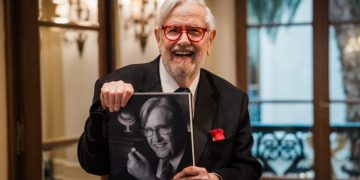
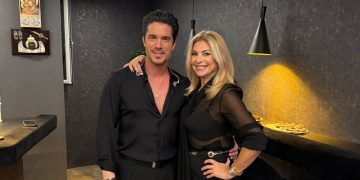

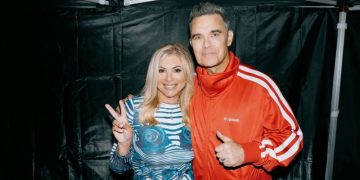

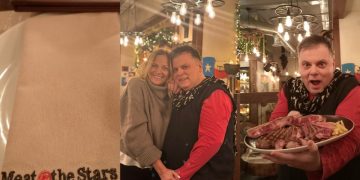
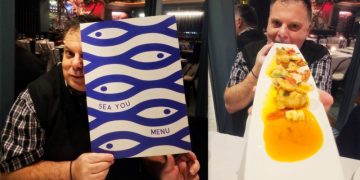

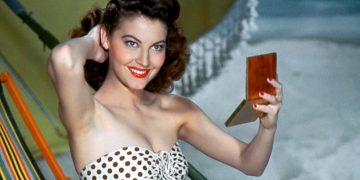


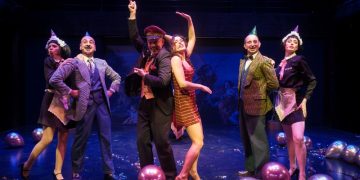

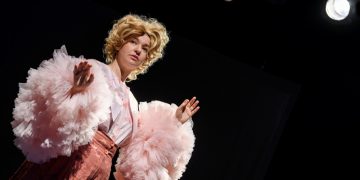
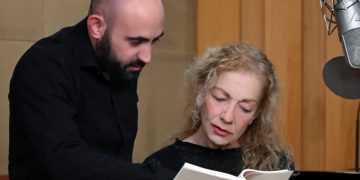

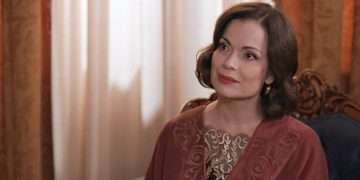
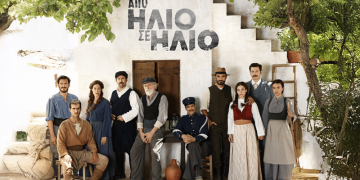

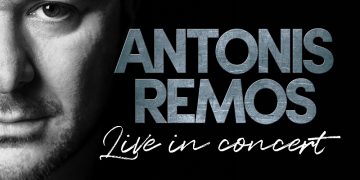
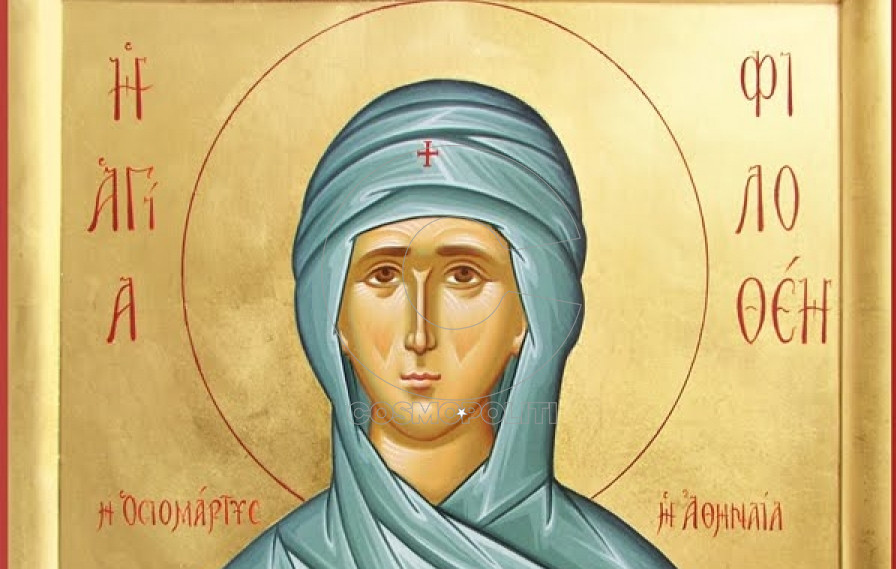

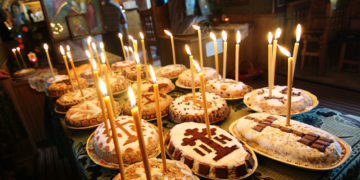
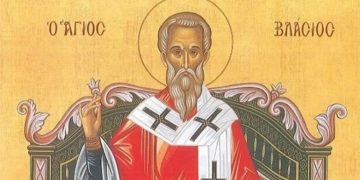
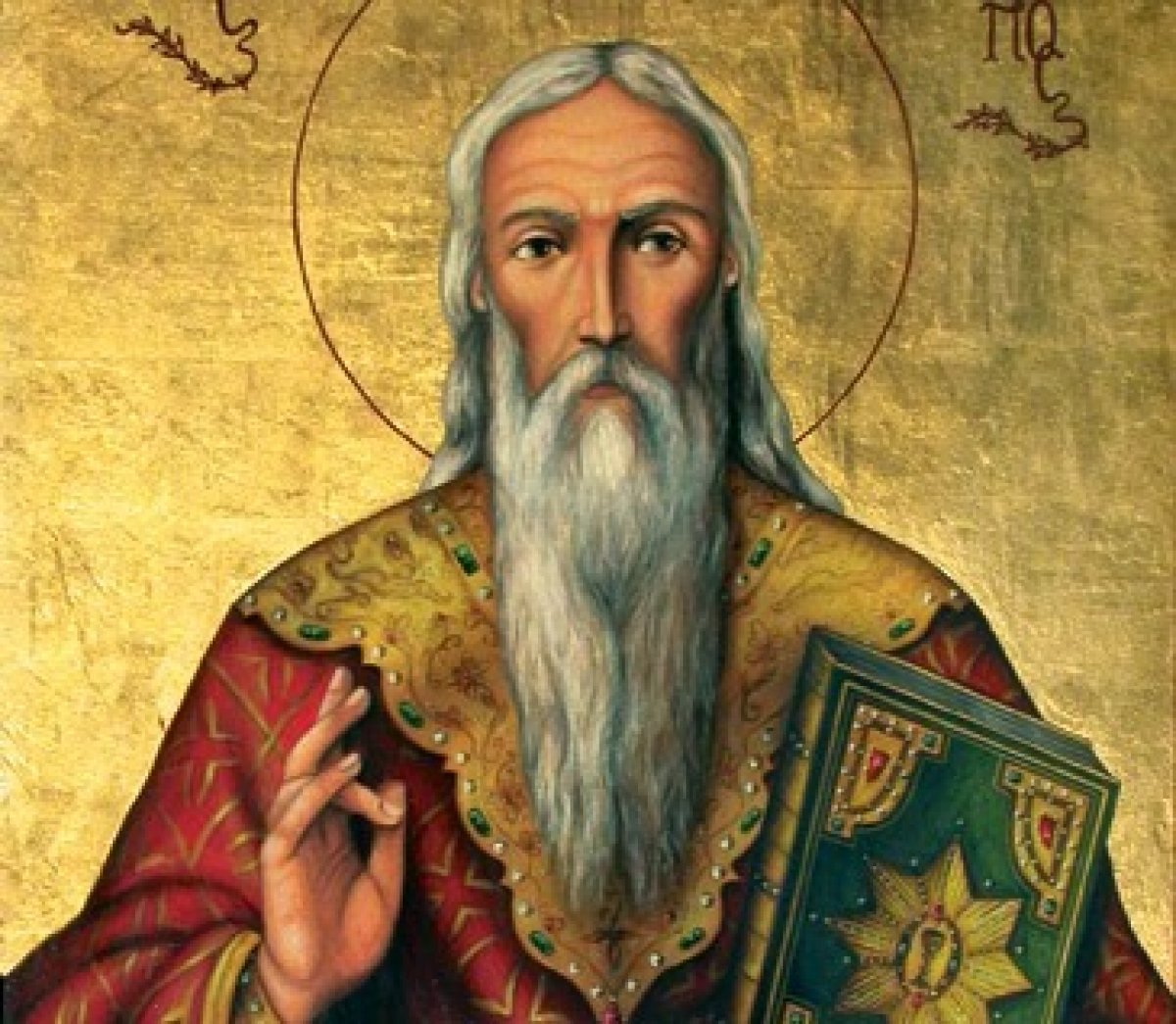
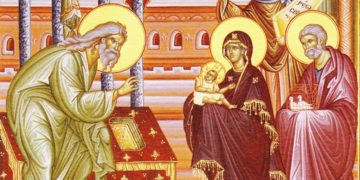

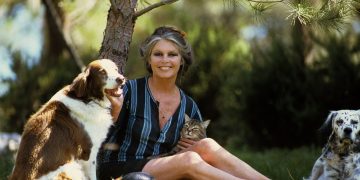




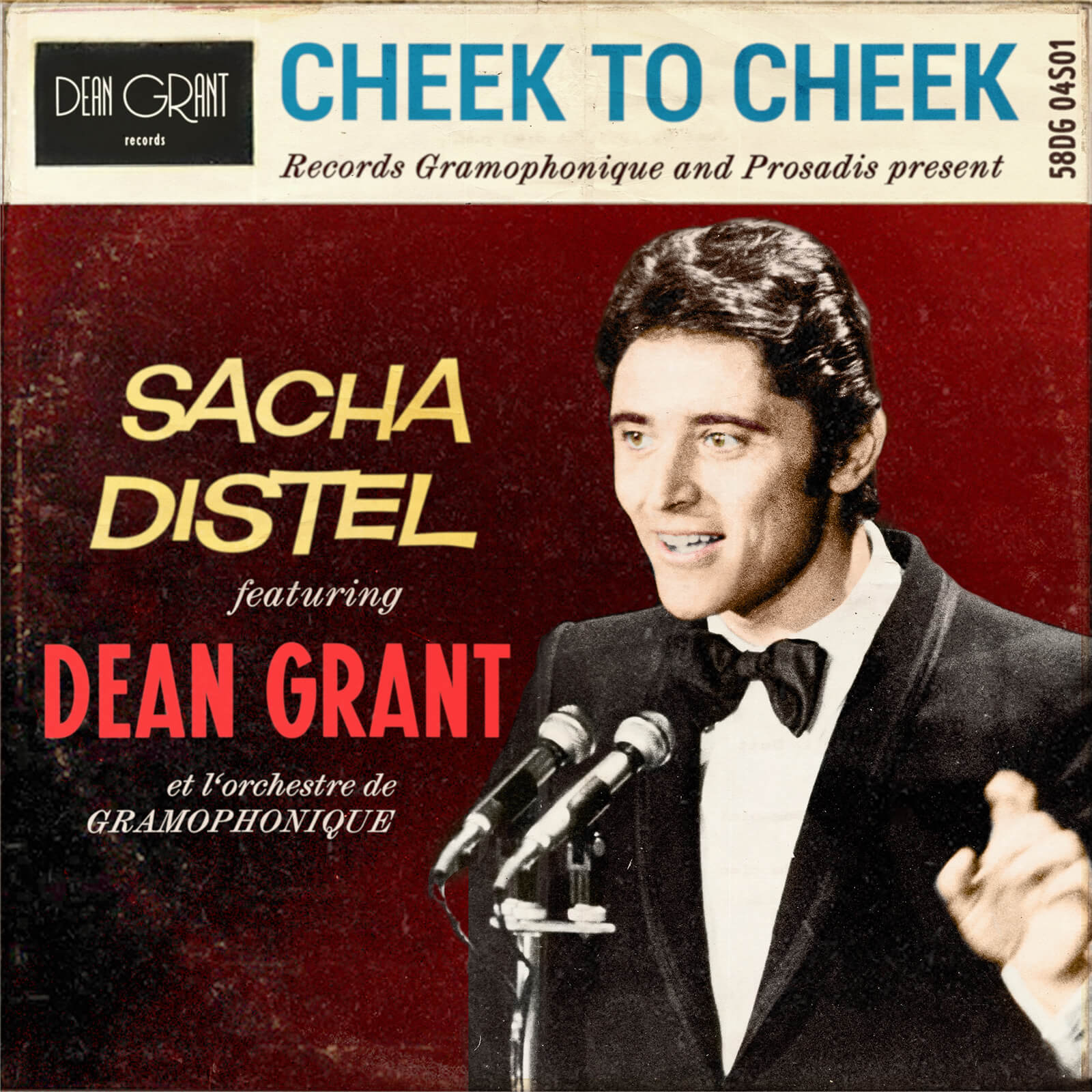



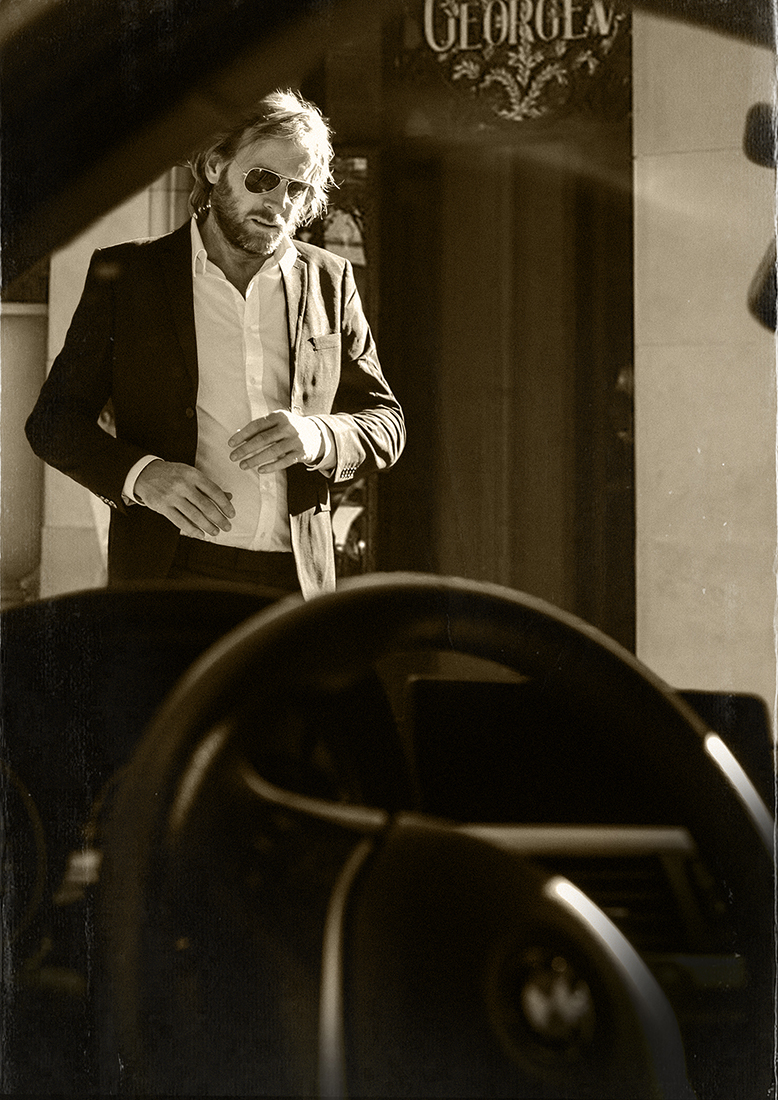



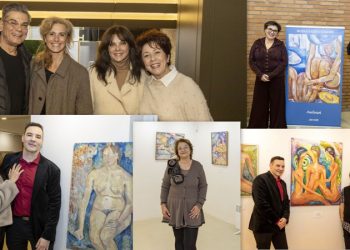
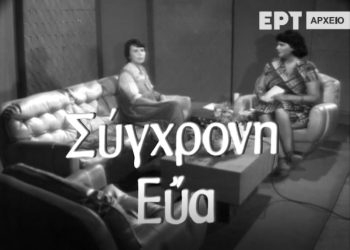
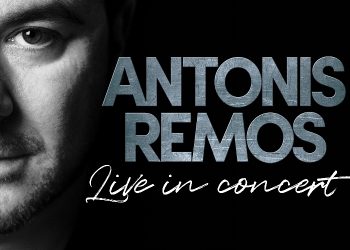
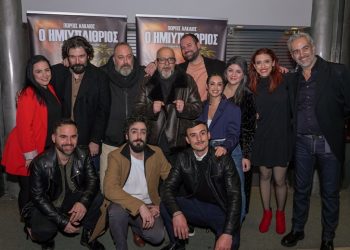

Σχόλια για αυτό το άρθρο